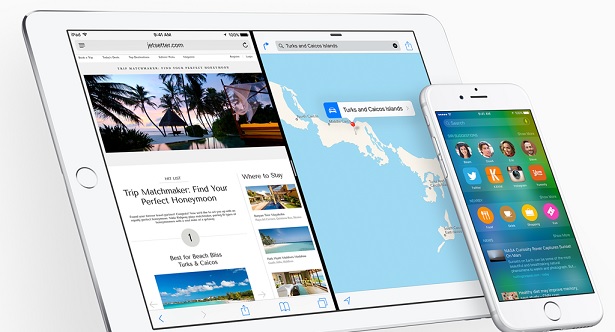iOS 9 problems: Issues mount for iPhone users

Although Apple's iPhone update to iOS 9 brought a lot of great new features, iPhone users have been complaining that they are discovering more and more problems with it as time goes by.
Since its release, almost all devices compatible with the new iOS has updated to it, but the ones who have made the move from iOS 8.4.1 to iOS 9 are now regretting the move.
The mounting problems started back in September when it first released the update for iOS 9. iPhone users were complaining that attempting to download iOS 9 repeatedly ended in failure, making them furious. This issue was given a workaround by updating via iTunes, which users reported to have caused no trouble at all.
The second complaint was about "Slide to Upgrade" which caused users iPhones, iPads, and iPod Touch devices to get locked during an upgrade. The only solution given by Apple then was to force restart the device and restore via iTunes.
This was followed by the removal of App Slicing at the last minute due to bugs in its iCloud. App Slicing was supposed to be a space saver because it allows the App Store to identify the user's device so it only downloads the necessary files for the specific model. Without it, devices will download apps files for every type of devices which uses up 20 to 40 percent of storage space every time a new app is downloaded.
Although the previous bugs were resolved with the release of iOS 9.0.2, users have reported to have issues with the mobile data settings with the new update. The bug was said to be preventing certain apps from using mobile data. Users are saying that even after you enable the mobile data in settings, it reverts back to disabling them once you leave settings. This applied particularly to users of iOS 8 who had their cellular data disabled. The workaround for the issue was to either downgrade to iOS 8 or factory reset the phone to prevent it from transferring previous settings to the handset. Both options were understandably not very popular among users.
Now, users are complaining that aside from slowing down their iPhones, iOS 9 also stops "signing" devices; the same goes for iOS 8.4.1.
"Signing" is usually the common solution whenever a device has trouble with the new software version. Without it, it is now impossible to go back to a previous version leaving users without a choice but to stick with iOS 9.0.1 or 9.0.2
Now, iPhone users have to wait for the next update to be released to address the current bugs they are experiencing with iOS 9, although it would have been easier to be able to revert back to iOS 8.4.1, if only "signing" were not discontinued.











